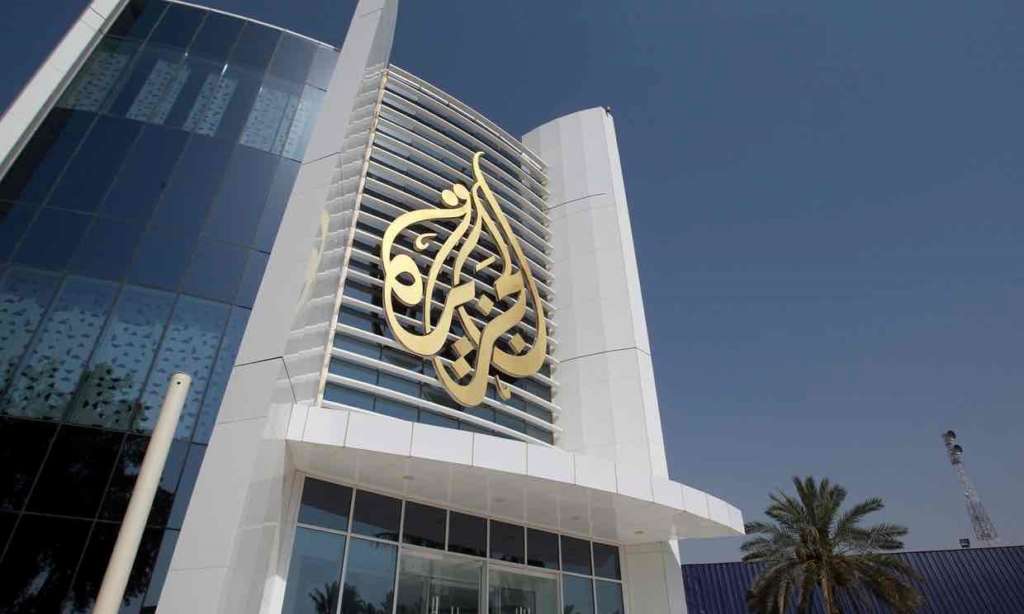Cairo- The latest rights report issued in Libya accused Qatar of sponsoring terrorism. The report, which was prepared by the Cairo-based Libya Justice First Foundation, said that it uses all its resources, including reports and information on Libyan entities and individuals on the list of Arab States, to be used by relevant counter-terrorism bodies.
The foundation called on the whole world to cooperate with the Arab quartet, which has issued two lists during the past two months on the terrorist individuals and entities related to Qatar; including seven Libyan individuals and seven Libyan organizations.
The Arab quartet, including Saudi Arabia, Egypt, the UAE and Bahrain, released early June a long list of 59 individuals and 12 Qatari-affiliated entities described as “terrorist supporters.”
The list included five Libyans, Ali al-Sallabi, Abd Al-Hakim Belhaj, Mahdi al-Harati, Ismail al-Sallabi and Sadiq al-Ghariyani in addition to Benghazi Defense Brigades terrorist organization.
The four Arab countries released late July another terror list in which they added nine entities and nine individuals.
The second list included Ibrahim Bukhazem and Ahmed al-Hasnawi in addition to six Libyan entities, which are Al-Saraya Media Center, Boshra News Agency, Rafallah Sahati Brigade, Nabaa TV, Tanasuh Foundation for Dawa, Culture and Media and Benghazi Revolutionaries Shura Council.
For his part, Head of the Justice First Foundation Hassan Tatanaki told Asharq Al-Awsat that the war against terrorism is “not only military and security but also legal, intelligence, economic and intellectual wars.”
In regards to the Nabaa TV, the report said that the channel has appeared four years ago “in a way that is almost identical to the Qatari Al Jazeera channel, especially in its editorial policy.”
The report added that “the observers of the channel will easily discover that it promotes the ideology of the Libyan militant groups and extremist ideas.
